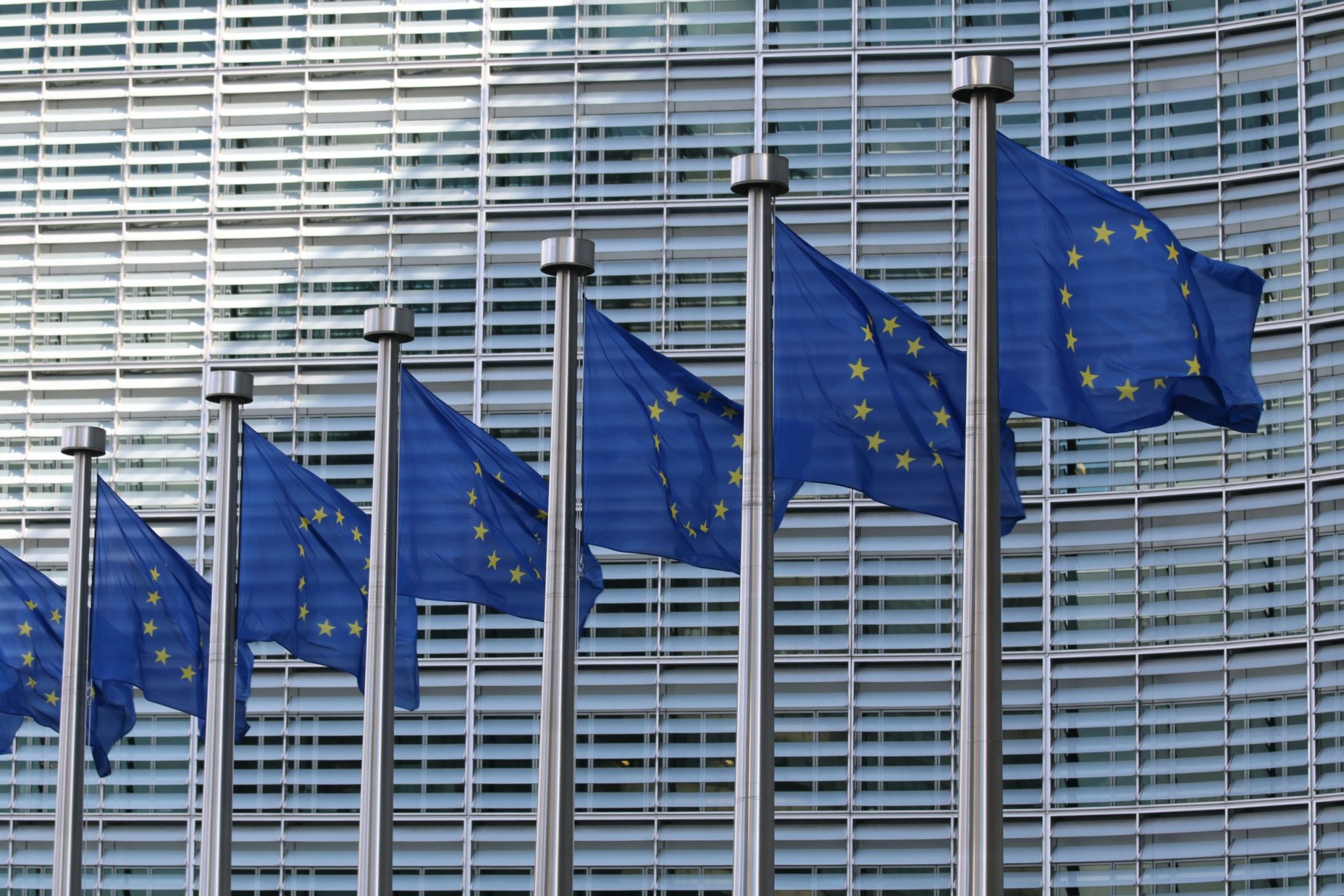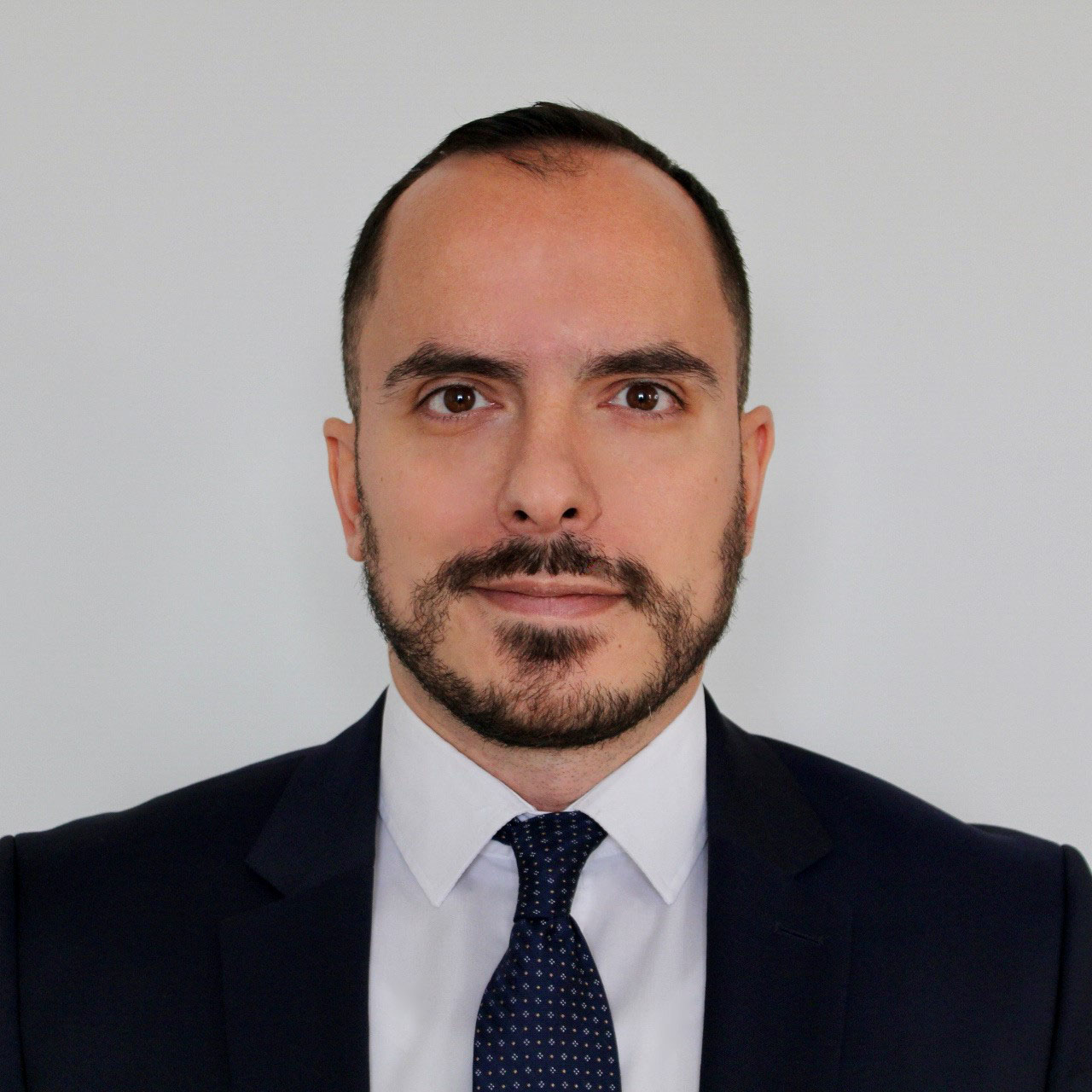In her last State of the European Union (SOTEU) speech for this Commission mandate, Ursula von der Leyen expectedly stayed mum on whether she intends to stand again. But it is difficult to take her address as anything but a carefully calibrated effort to lay the groundwork for a re-election bid.
Compared to last year’s speech, this meant that her speech was perhaps less aspirational, but distinctly more political. Delivered less than three hundred days away from the 2024 EU elections, the Commission president leaned heavily on internal European issues, such as the EU’s competitiveness, and sought to portray herself as a champion and defender of European citizens.
Beyond the expected exhaustive listing of domestic successes and challenges, the speech also included targeted overtures to the political forces in the European Parliament that will be critical should she choose to run again. For example, she combined references to the hallmark of her presidency, the EU Green Deal, with language that highlighted the need to better align the green transition with business considerations, in a clear nod to her own center-right political family, where criticism has arisen in recent months over the boldness of certain aspects of the EU’s climate agenda.
China in the spotlight
On the geopolitical front, and illustrating this more defensive, inward-looking focus, the most prominent announcement of the speech was Von der Leyen’s unveiling of a launch of an “anti-subsidy into electric vehicles coming from China”. Consistently with the head of the Commission’s unusually combative speech on EU-China relations earlier this year, SOTEU 2023 echoed a more forceful tone vis-à-vis the Beijing. The speech first mentioned an “assertive China” in the same breath as “Russia’s aggression” and included many refences denouncing Beijing’s actions, most notably in the sphere of trade. Von der Leyen highlighted how “China’s unfair trade practices” had harmed the EU’s solar industry, criticized Beijing’s export restrictions on gallium and germanium, and called out the “flood” of cheap Chinese electric vehicles heading into the European market.
That’s not to say that Brussels is fully espousing Washington’s more overtly confrontational tone quite yet. The head of the Commission was keen to stress the importance of keeping “open lines of communication and dialogue with China” and insisted that cooperation was necessary on certain “topics”, without elaborating on what those topics might be. The EU’s Trade Chief Valdis Dombrovskis will be headed to Beijing at the end of September to test the extent to which cooperation is still on the cards between both economic blocs.
Even when it comes to the headline investigation into electric vehicles subsidies, European industry is not as united as Von der Leyen’s speech would suggest. While the move to launch the anti-subsidy investigation was widely seen as aligning with months-long requests by the French business sector, in the hours that followed the announcement, the Association of the German Automotive Industry was warning against “possible backlash from China”. Indeed, several of Germany’s largest car manufacturers, and the tens of thousands of jobs they provide, are now largely reliant on their continued access to the Chinese market.
Emerging Technologies and AI
Consistent with its more political and domestic-focused tone, this year’s SOTEU speech also devoted a lot of attention to the digital sector as well as to emerging technologies. Von der Leyen touted rapidly rising investment and the EU’s prominent regulatory initiatives in those fields. While it is a bit early to assess the effectiveness of the head of the Commission hailed those two texts as “a historic achievement” and the foundation for the EU’s efforts to make big tech platforms more accountable and stem the flow of online disinformation.
The speech also presented the EU’s thinking on what it sees as the next major tech regulation challenge: artificial intelligence. Von der Leyen portrayed the institution’s as “a blueprint for the whole world” and called on the creation of an international body of experts to guide the responsible development of innovation in this field. She also praised recent developments in the United States where several major tech companies have already agreed to follow voluntary rules in their work on AI. Nevertheless, the head of the Commission’s warnings against “the risk of extinction from AI” as well as against the threats associated with the military use of this technology suggest that the EU is only getting started on its AI work.
Even in the portions of Von der Leyen’s speech devoted to emerging technologies, China was never far. While those portions only briefly mentioned China’s restrictions on key components for semiconductors, concern over China’s dominant position in value chains crucial to the digital economy was palpable throughout. For instance, framing efforts to reinforce the EU’s economic security through international partnerships as part of a “de-risking and not decoupling” strategy clearly echoed earlier EU statements aimed at China. It is no coincidence then that the EU’s new digital chief, Věra Jourová, will also be headed to Beijing in the coming weeks.
Ukraine and the Future Expansion of the EU
The final portion of this year’s SOTEU presented the Union’s major outward-facing policy priorities. The future of the EU’s enlargement took the lion’s share in this regard, with Von der Leyen underlining that “The future of Ukraine is in our Union. The future of the Western Balkans is in our Union. The future of Moldova is in our Union”.
Russia’s war in Ukraine has certainly created new momentum behind a potential expansion of the European Union in the coming years as the EU has put geopolitics at the forefront of enlargement-related discussions that for years had stalled. However, despite the renewed political weight conferred to enlargement, it remains a thorny topic among member states. Von der Leyen carefully calibrated her remarks to navigate those political sensitivities, with both encouragements for aspiring member states to be bolder in their reforms as well as a reminder on how vigorous and all-encompassing these reforms need to be.
The EU’s calculus is likely far more constrained by political realities now than it was a few years ago. The Commission president was quick to underline that the promise of membership comes with hard work: “Team Europe” she said works beyond the current 27 members, but this promise to expand only applies to “vibrant democracies where the judiciary operates independently, opposition voices are respected, and journalists are safeguarded.” The next few months will showcase how much of a balance she can strike between speed and depth of enlargement. It will certainly be interesting to see how Von der Leyen’s political message is perceived not only in Kyiv, Chișinău, or across the Western Balkans, but also in EU member states’ capitals that remain divided on this issue.
A markedly more political tone than in the past permeated almost all of 2023’s State of the European Union speech. It perhaps lacked the sharper geopolitical focus one might have expected, but, part victory lap, part hinting at things to come, the address had Europe’s domestic audience as its clear target. It was penned by an administration with one foot in and one foot out but was delivered by a president who is widely seen and expected to remain in her position, if she wishes. With pivotal elections approaching in 2024 in the European Union and the United States, Von der Leyen chose to deliver a reassuring speech, not steeped in ambition, but carrying important hints at to where she sees Europe’s – and her own – future.
The views expressed in GMF publications and commentary are the views of the author alone.






